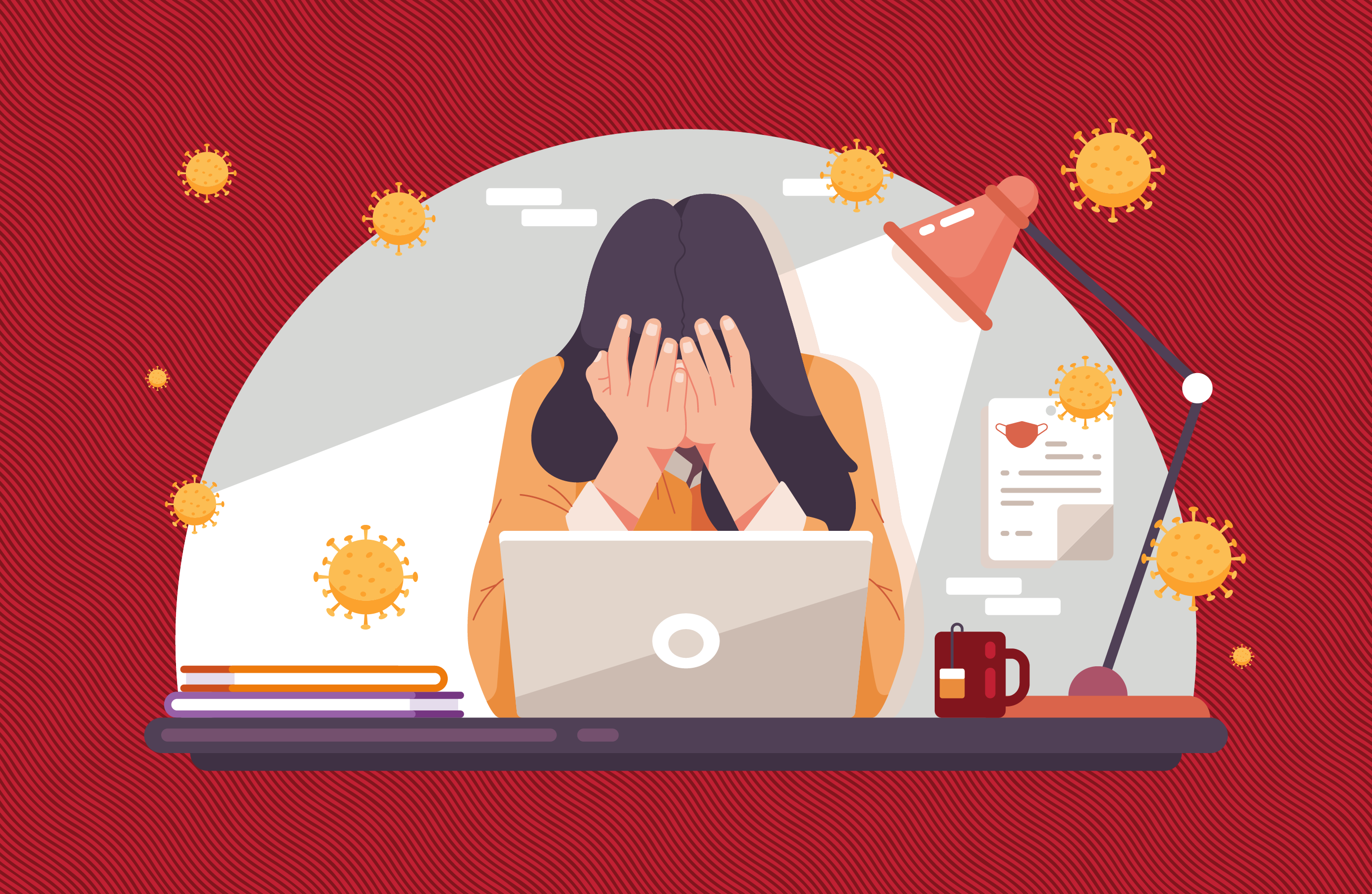
COVID-19 positive students have shown up at Stanislaus State’s Disability Resource Services anxious that they can’t attend class or take a test.
Director Marvin Williams sends those students to the Warriors Take Care team, because there are people, all the way up to the dean of students, who will help them resolve those temporary concerns.
What Disability Resource Services is prepared to do, though, is help students suffering from what is being called long COVID, long-haul COVID, post-acute COVID-19, long-term effects of COVID, or chronic COVID, which still are being identified.
Research has found COVID-19 survivors, even those who had a mild case, may experience, among other conditions, long-term tiredness or fatigue, difficulty thinking or concentrating, sometimes called “brain fog,” shortness of breath or difficulty breathing, headaches, dizziness on standing and fast-beating or pounding heart, known as palpitations.
Any of those could be inconvenient or debilitating. Some may rise to the level of disability.
“It’s not something you can self-diagnose,” Williams said.
Any condition needs to be medically diagnosed by a licensed physician before Williams and his team can help.
A student needing more time completing a test because of “brain fog,” or needing to attend classes from a fixed location because lung capacity is diminished, are areas where Disability Resource Services can step in. And, Williams said, effects can change, thus accommodations may need to change as well.
Of the 373 students currently utilizing Disability Resource Services — typically used by those with major visual or physical disabilities, learning disabilities or mental health issues — only one student has been diagnosed with long-haul COVID, Williams said.
“A lot of students are still at home and aren’t feeling it yet,” Williams said. “I think they’re going to see it when they really get out and rejoin the world. We already were a country swimming in mental health issues. Many people are going through depression, anxiety and post-traumatic stress disorder due to this pandemic, and we’re still in the middle of it. It’s going to be worse.”
However, there is help, now.
“What keeps me up at night is students leaving school who didn’t know there was support for them, whether it be academic accommodations, physical and mental health services or financial resources. There’s so much that is available. We’re doing everything we can to let (students) know."
Heather Dunn Carlton
Associate Vice President/Dean of Students
Physical and psychological health services and Basic Needs, which provide food and emergency assistance for students, are among them.
Psychological Counseling Services (PCS) has not seen a dramatic uptick of COVID-specific concerns, however the department is seeing an impact on overall mental health
“The complexities and intensity of the issues being presented with our students have increased,” Dean of Students Heather Dunn Carlton said. “The increased severity of mental health issues is what we’re seeing.”
If not directly relating to a case of COVID, the pandemic nonetheless is to blame for an increased need for help, from students who have had to take on caregiver roles while being at home or are dealing with the loss of a loved one to the deadly virus, Dunn Carlton said.
She and her team are working to reach students who have tested positive, are sick, or otherwise compromised by COVID.
“What keeps me up at night is students leaving school who didn’t know there was support for them, whether it be academic accommodations, physical and mental health services or financial resources,” Dunn Carlton said. “There’s so much that is available.
“We’re doing everything we can to let them know. “We call students. We use social media. I give students who have tested positive my cell phone number and say, ‘You now have the cell phone of the dean of students. If you need something, let me know.’
“We’re reaching out and letting them know how much we truly care. That someone personally contacts them, not with an email but with a personal call, is the kind of attention that is awesome about Stanislaus.”